Sport
Dollar
38,2552
0.34 %Euro
43,8333
0.15 %Gram Gold
4.076,2000
0.31 %Quarter Gold
6.772,5700
0.78 %Silver
39,9100
0.36 %The decision aims to tackle the growing concern over unrealistic beauty standards and their impact on teens' self-image, a much-needed move according to experts.
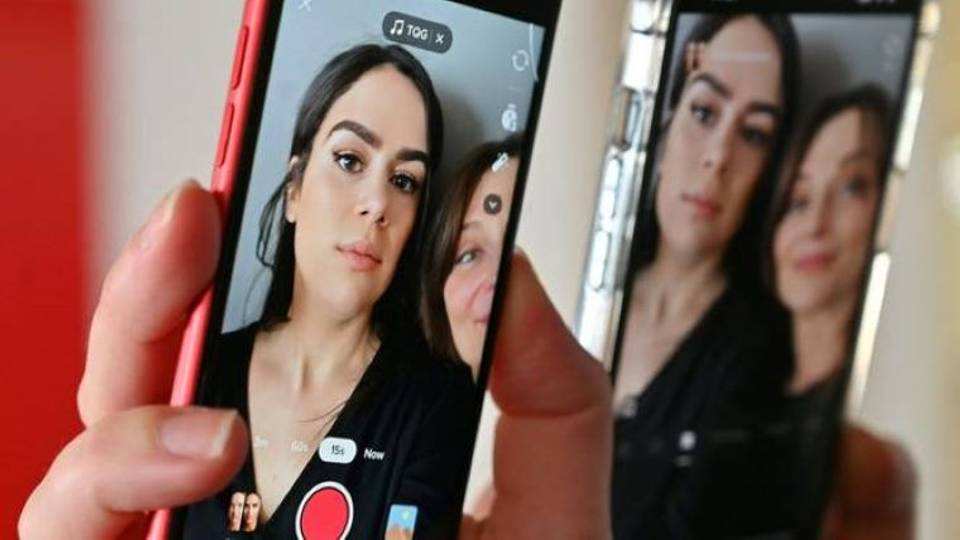
Tooba Masood
Karachi, PAKISTAN
TikTok’s recent decision to ban teenagers under 18 from using beauty filters may make some kids roll their eyes, but grown-up experts and health professionals say this is a long overdue step in the right direction.
Starting next year, the short-form video hosting service, which has over a billion active users, will restrict minors from using popular beauty filters like Bold Glamour, which uses AI to drastically change facial features.
"It is common for adolescents to struggle with self-image issues, and they often compare their looks to others. In this background, social media does have an impact on a growing child's thought process,” says Dr Tania Nadeem, Child & Adolescent Psychiatrist at Aga Khan University Hospital.
“If social media promotes this unnatural form of perfection or so-called beauty, then adolescents start comparing their looks to that ideal, and when they don't meet that standard, develop worsening of self-image issues.”
Over the last few years, there have been concerns about the negative emotional impact of TikTok beauty filters, particularly on teenage girls. These girls feel pressure to maintain a flawless appearance and sometimes find their real faces unattractive after using filters.
TikTok’s decision follows multi-market research with the UK not-for-profit organisation Internet Matters. The research examined the role of online platforms in shaping teens' identity and relationships.
One of the key insights that stood out was the concern raised by teens and parents about 'appearance' effects, including the possibility that those viewing the filtered pictures might not realise they had been altered.
The lure of beauty filters is so intense that it even affects older people. City University of London research from 2020 found that 90 percent of young adult women filter their social media images because they feel compelled to fit the prevailing beauty standards.
Filters like Bold Glamour allow TikTok users to make their eyes bigger or noses slimmer, lighten their skin tone, or make their lips look bigger than they are.
A rising tide
The social media landscape has undergone significant changes recently.
Australia has introduced a bill to ban teenagers under 16 from using platforms like TikTok and Instagram, making it the first country to propose such strict regulations. Other countries, including Albania, are exploring similar measures.
Roblox, a gaming platform with 90 million daily users, announced new restrictions to shield its youngest users from violent, crude, scary content and online abuse. Instagram introduced "teen accounts" for users under 18, enabling parents to monitor and control activities.
Dr Humair Yusuf, a psychology professor at Pakistan’s LUMS University, says beauty filters like those on TikTok and Snapchat adversely impact the mental health of young people, and he supports plans to block access to them.
“However, teenagers are bombarded with idealised and unrealistic notions of beauty from so many sources that simply blocking access to a couple of apps is unlikely to make any difference,” he tells TRT World.
Exposure to filtered images in which users appear pretty and perfect damages the self-confidence and mental health of young people, experts say.
“It definitely worsens anxiety and sometimes creates social anxiety,” says Tania Nadeem of Aga Khan University Hospital.
“Even for adolescents who feel they meet that perfection, it just increases their narcissism and promotes focus on physical appearance rather than personality traits like empathy or kindness.”
Not an easy task
Social media firms and regulators still have to overcome many issues when protecting kids from dangerous content and applications.
For instance, for TikTok to stop people under 18 from using the beauty filter, the company must know their real age. Some kids register accounts without sharing their real age.
TikTok says it is using smart technology to estimate age. According to TikTok’s website, “If you choose to use facial age estimation to confirm your age on TikTok, we work with Yoti, a third-party age assurance service, to estimate your age using face information collected from a selfie you submit”.
TikTok insists that it will adopt machine learning technology to enhance its efforts to prevent people under 13 from using its platform.
But Nadeem says ultimately, it is the job of the adults - parents and teachers - who help build confidence among young people in their selves and engrain more important values.
“We can talk about these things in school and value important personality traits like hard work, honesty, and empathy more than looks. But I believe limiting these apps is just one step.”
Comments
No comments Yet








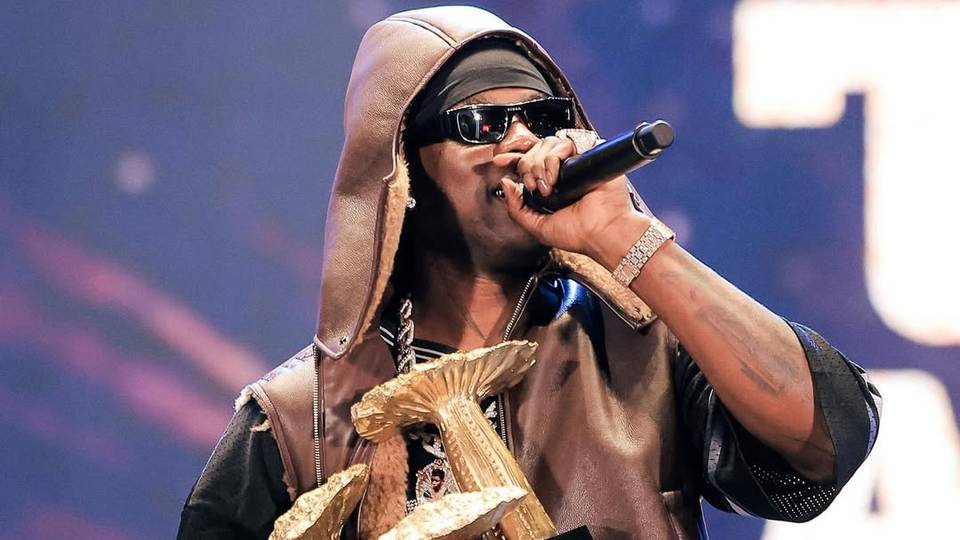
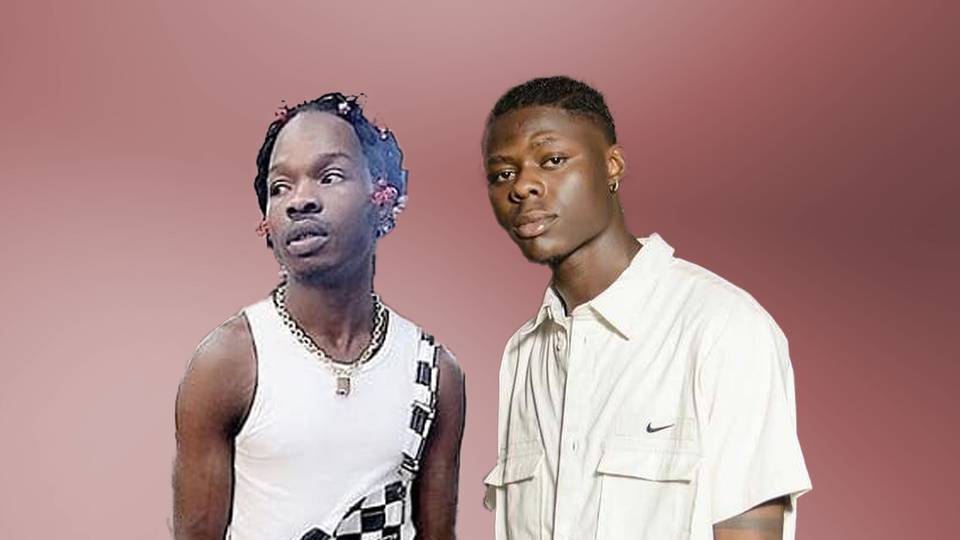
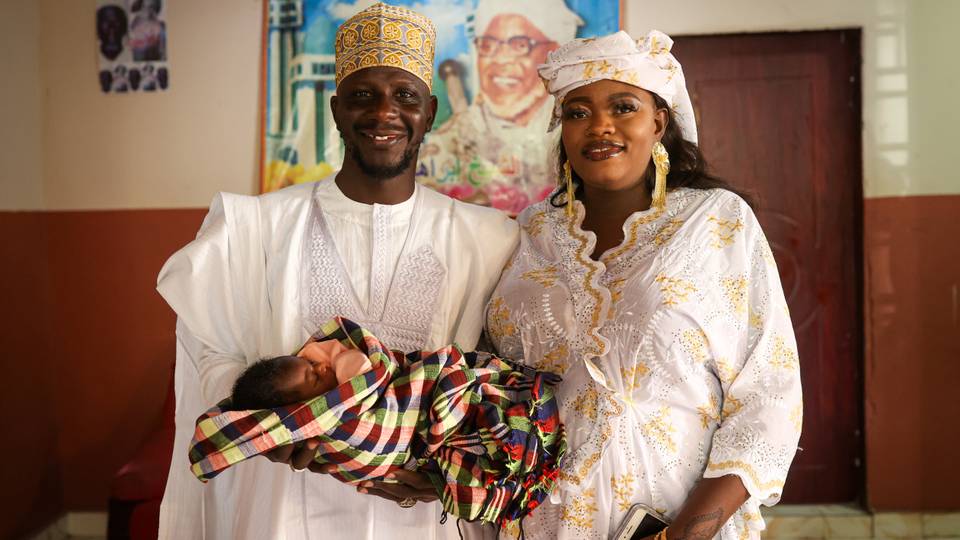
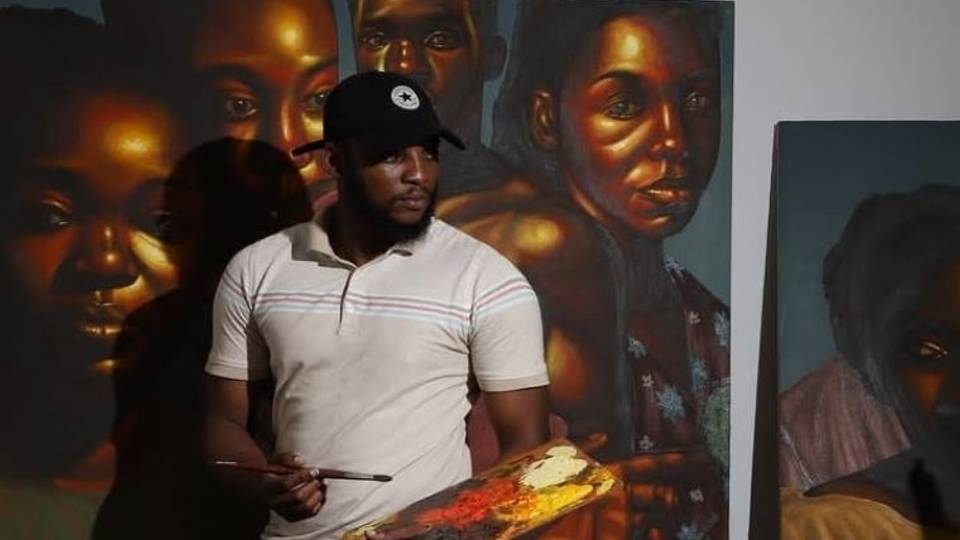








Comment